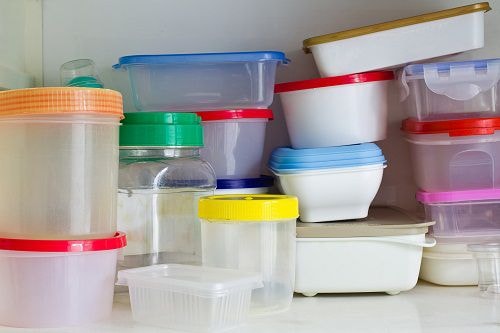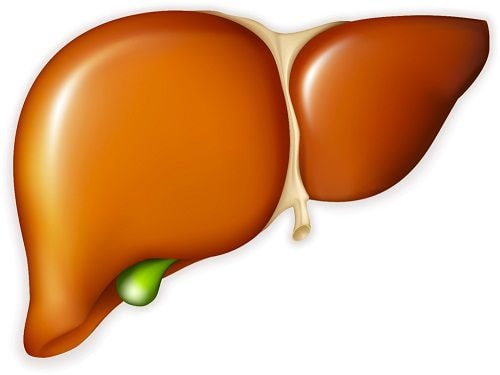Using plastic products - beware of fatty liver
Plastic products are widely used in daily life with many advantages such as being compact, convenient and cheap. However, hidden inside these seemingly harmless plastic products is the risk of developing many serious diseases, including fatty liver.
 |
What is BPA?
Bisphenol A (BPA) is a chemical used in the manufacture of polycarbonate plastic. Many cans made from this plastic contain trace amounts of BPA, which can leach into food when stored.
BPA is considered an endocrine disruptor. Endocrine disruptors are chemicals that can interfere with the body's endocrine system and cause adverse effects on development, reproduction, the nervous system, and the immune system.
Specifically, endocrine disruptors have the ability to:
- Mimicking hormones in the body leads to excess and imbalance of natural hormones in the body.
- Binds to hormone receptors, preventing endogenous hormones from binding to each other.
- Inhibits the production or control of hormones or receptors in the body.
BPA, metabolic syndrome and fatty liver
Metabolic syndrome includes a cluster of risk factors such as abdominal obesity, dyslipidemia, hypertension, insulin resistance or glucose intolerance, procoagulant and proinflammatory status.
 |
| Exposure to low doses of endocrine disruptors found in plastics may also increase the risk of developing fatty liver. |
A sedentary lifestyle and unhealthy diet can easily lead to obesity, increasing the risk of developing metabolic syndrome. In addition, endocrine disruptors found in some plastics are also linked to the development of this syndrome. Metabolic syndrome not only increases the risk of cardiovascular disease and diabetes but also promotes the development of fatty liver.
Over the years, several studies have demonstrated that exposure to low doses of endocrine disruptors can increase the risk of developing a range of diseases related to metabolic syndrome and fatty liver.
Specifically, according to a report in the journal The Science of the Total Environment (February 2014), researchers discovered that children with non-alcoholic fatty liver disease had high concentrations of BPA in their urine.
Another study in The Journal of Endocrinology (September 2014) determined that prenatal exposure to BPA in the mother is associated with fatty liver disease in the child.
Measures to reduce exposure to BPA
Consumers need to be very careful because there are many plastic products of unknown origin floating on the market today that may contain BPA. Therefore, to protect health, prevent the risk of developing fatty liver as well as many other dangerous diseases, we should:
- Do not use bottles and plastic containers made from polycarbonate (usually marked with a number 7 or the letters PC).
 |
| It is best to choose fresh foods instead of canned foods. |
- Absolutely do not buy boxes without labels, origin, or without clearly stating the necessary parameters.
- It is best to choose fresh or frozen foods over canned foods.
- Replace plastic water bottles and food containers with glass or metal.
Effective prevention of fatty liver disease
In addition to eliminating risk factors such as limiting the use of plastic products containing toxic BPA, we can prevent fatty liver with many simple measures such as eating healthy, increasing physical exercise and regular health check-ups, screening for liver and biliary diseases to detect abnormalities early.
According to dantri.com.vn






